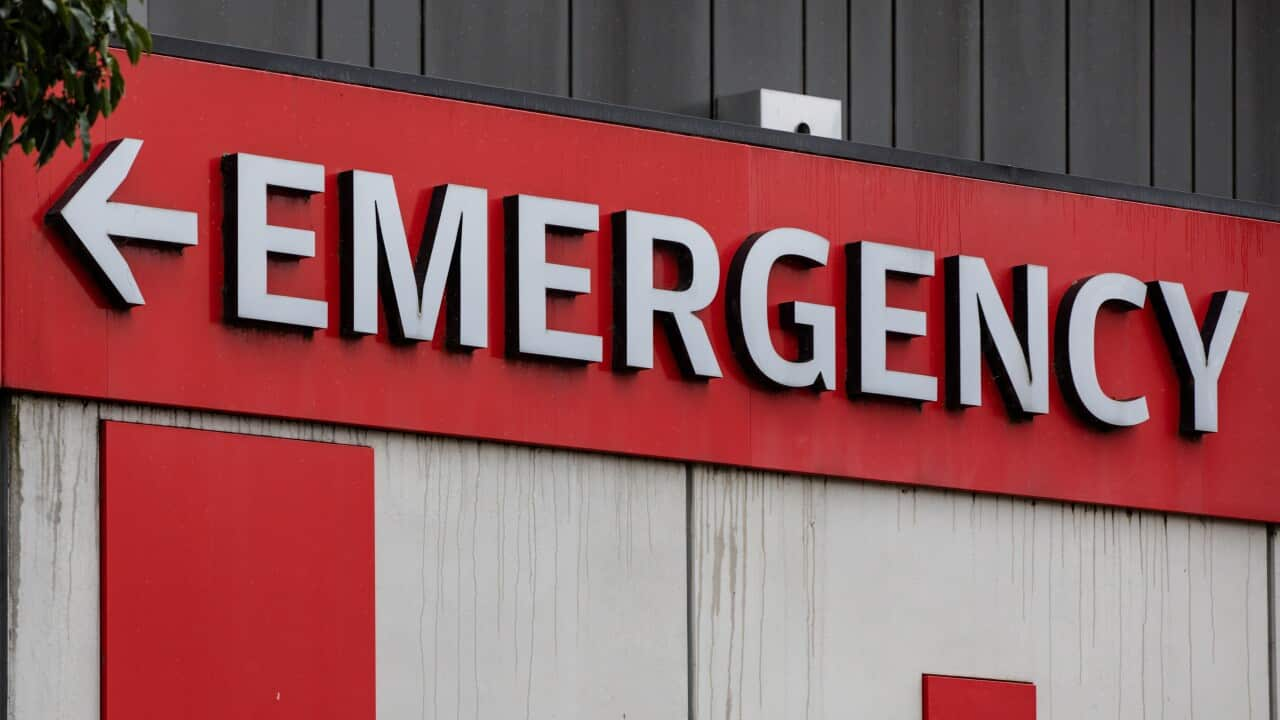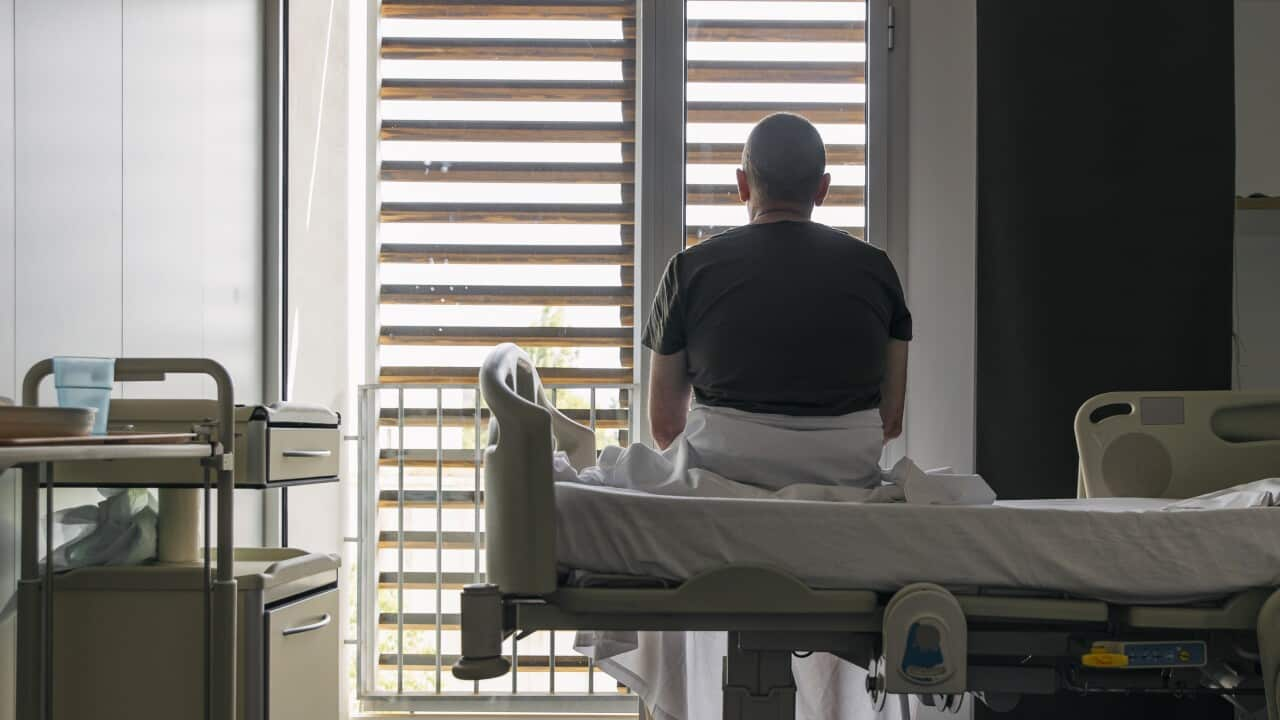Key Points
- The Australian Medical Association wants the upcoming federal budget to be focused on fixing the health care system.
- It says public hospital performance is at its lowest ever.
- The AMA is calling for an urgent overhaul of the National Health Reform Agreement.
Australia's public hospital system needs urgent attention to address emergency department and essential surgery waiting times blowing out, according to a peak medical body.
The Australian Medical Association (AMA) wants the upcoming federal budget, due to be handed down in the second week of May, to be focused on fixing the health care system.
AMA's 16th annual report card shows public hospital performance is at its lowest ever, struggling under the weight of ballooning surgery waitlists and emergency department presentations.
AMA President Steve Robson said an urgent overhaul of the National Health Reform Agreement between states, territories, and the federal government was needed.
"The numbers paint a grim picture for the future of our public hospitals and with them our patients if no action is taken," Professor Robson said.
"This is a problem for all health ministers. Our current way of funding our hospitals isn't lifting them out of logjam and the current review of the (national agreement) is a chance to act."
The report card found the number of public hospital beds available for people older than 65 years had dropped by more than half in the past three decades, from 32.5 beds per 1,000 people to only 14.7.
Emergency departments had a particularly tough time in the past year and only 58 per cent of patients triaged as urgent were seen within the recommended 30 minutes.
One in three patients waited more than four hours in emergency, often because there were no beds available to admit them.

Australian Medical Association President Professor Steve Robson wants the upcoming federal budget to be focused on fixing the health care system. Source: AAP / Mick Tsikas
"Only 63 per cent of patients referred for semi-urgent planned surgery are being treated within the recommended days," Professor Robson said.
"Meanwhile, we also have a hidden waiting list with people sometimes waiting years to get in to see a specialist so they can get on to the official waiting list."
Professor Robson said the government needed to plan ahead for the expected increase in older patients as Australians were living longer and needing more hospital care.
"We will remain on the path to failure if we keep doing the same thing over, and over, and over again," he said.
Government to extend after hours healthcare funding
After-hours access to primary medical care will be extended as state and territory leaders meet to discuss improving health outcomes.
Ahead of Friday's national cabinet meeting, the government announced it would extend funding for after-hours programs that were due to end in June.
Funding will also go towards new programs in conjunction with local community organisations to improve access to primary care services.
The money will come out of the Strengthening Medicare fund, to which the government committed $750 million in its October budget.
Health Minister Mark Butler said and rebuilding general practice were the government's priorities.
"Being able to access a doctor after hours is critical for patients to get what they need, when they need it, taking the pressure off hospitals," he said.
Victorian Premier Daniel Andrews said his priority was ensuring people in his state had access to fast, free, and local GPs.
"We urgently need to pay GPs more so Victorians pay less, increase university places to get a pipeline of new doctors across the nation, attract GPs from overseas to Australia faster and break down the barriers between primary care and our hospital system," he said.











